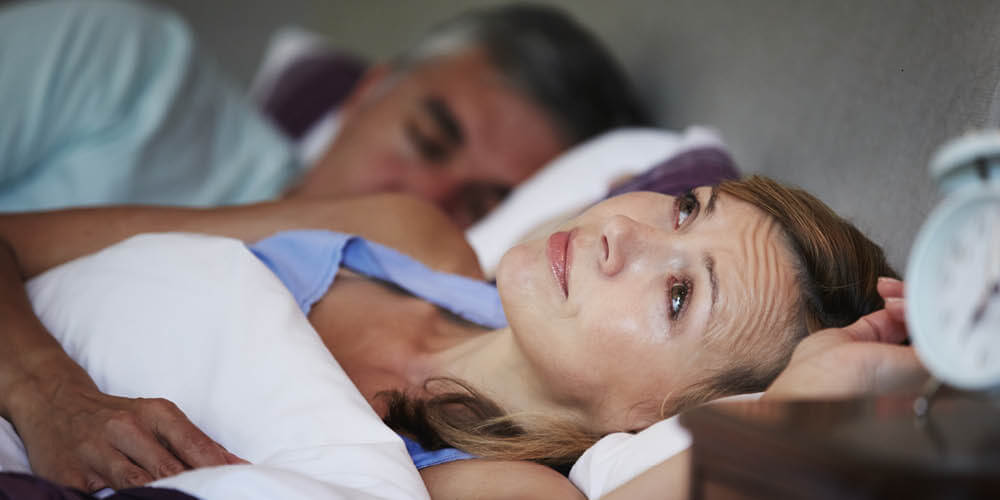
Do you ever have those nights where you just can't fall asleep? Do you stare at the clock counting down the hours of sleep you will get if you fall asleep now? Well this inability to fall asleep could be due to your activities and the timing of your activities during the day. Here is a step-by-step guide on what you can do throughout the day to fall asleep at night and stay asleep all night.
In the Morning
Squeeze in your exercise routine right when you wake up. This way you can make sure your body has more than enough time to wind down before hitting the sack. If you can't exercise in the morning, exercise no less than 3 hours before you head to bed.
In the Afternoon
Get outside. Increasing natural light exposure in the middle of the day promotes healthy melatonin balance. This will help you fall asleep when it's time to.
In the Late Afternoon
Limit caffeine consumption. Try avoiding that 3pm crash with a walk around the building instead of a cup of coffee. Avoid caffeine after 3pm to ensure you can fall asleep when you need to.
In the Evening
Avoid eating a large meal for dinner. Large meals that are high in saturated and trans fats are linked to trouble falling asleep. Instead, eat a small meal high in dark leafy greens, high-vitamin vegetables, lean proteins, and whole grains.
3-4 Hours Before Bedtime
Avoid alcohol a few hours before hitting the sack. Although it might seem like booze is the right choice for winding down and helping us fall asleep, it can actually have the opposite effect, disrupting our sleep later in the night. Tonight, skip the night cap and have your last drink around 6 p.m.
An Hour Before Bedtime
Turn off all screens. That's right. Avoid using your smart phone, tablet, or watching TV. Studies have found that exposure to electrical lights (blue lights) during bedtime can have negative effects on our sleep and how quickly we fall asleep. Instead, talk with your partner, read a book or find another way to wind down without electronics.
At Bedtime
Keep the bedroom cool and comfortable. A dark, cool bedroom helps promote restful sleep. Program your thermostat between 60 and 70 degrees. Make sure your bedding is comfortable and avoid sleeping with furry companions who might wake you up in the middle of the night.
